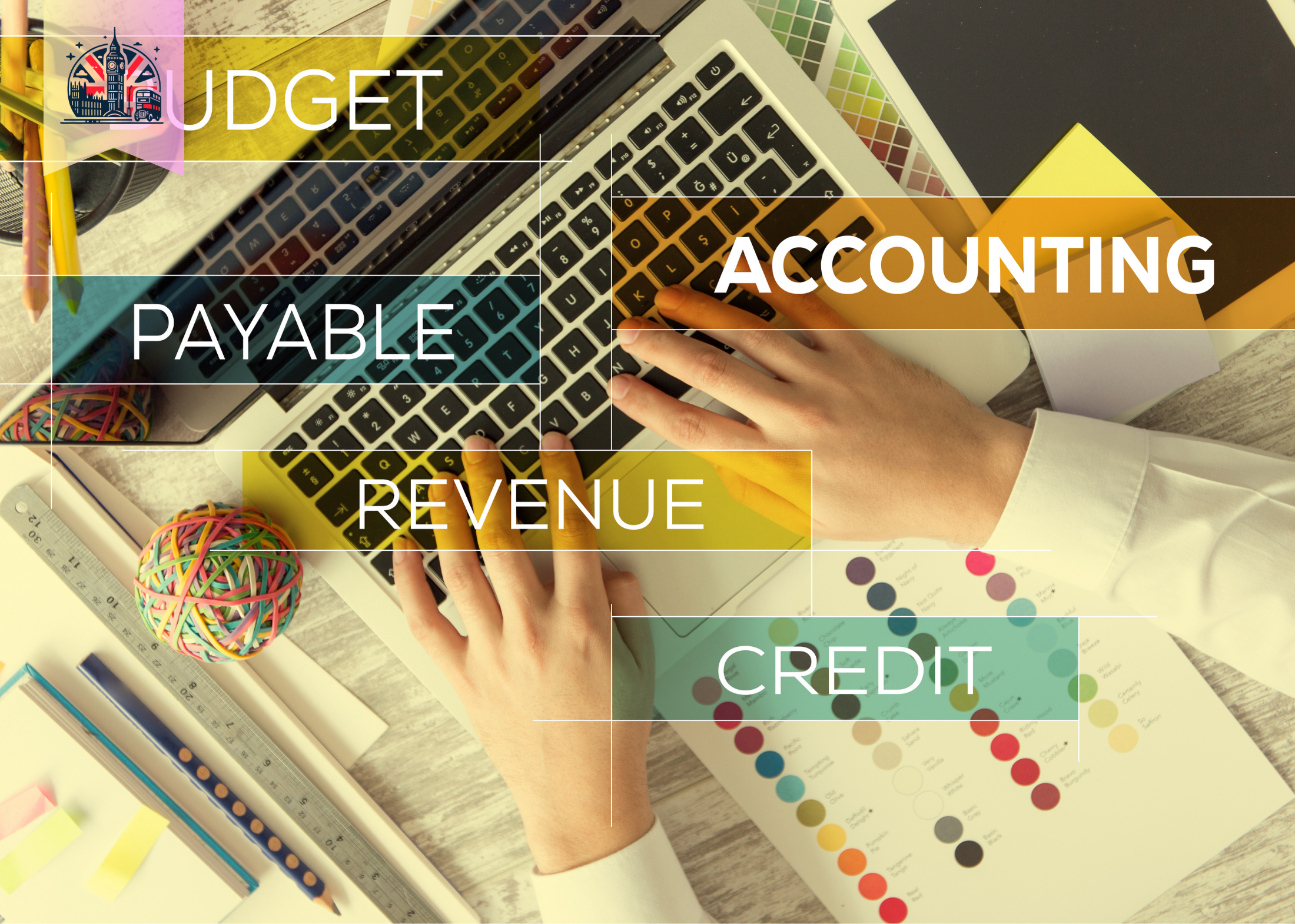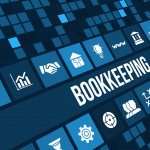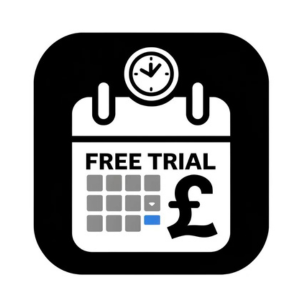Introduction to Accounting Software
In today’s digital age, accounting software is not just a convenience; it’s a crucial part of business operations and compliance. The right accounting software can streamline your financial processes, enhance accuracy, and ensure you stay compliant with HMRC regulations. This guide will help you understand how to select the best accounting software for your UK-based business, considering your specific needs and requirements.
Assessing Business Needs
Before diving into the features and types of accounting software, it’s important to evaluate your business’s specific needs:
- Size of Business: The size and transaction volume of your business will determine the complexity of the software required.
- Industry: Certain industries have specific financial reporting and compliance requirements.
- Financial Complexity: Businesses with multiple revenue streams, international transactions, or complex payroll requirements may need more robust features.
Understanding these factors will help you narrow down the choices to find a solution that fits your business perfectly.
Features to Look for in Accounting Software
When selecting accounting software, consider the following essential features:
- Invoicing: Automated invoicing features save time and reduce errors.
- Payroll Management: Integrated payroll that complies with UK tax laws and simplifies the process of calculating pay and deductions.
- Tax Preparation: Features that support direct tax filing and real-time information reporting to HMRC.
- Integration Capabilities: Ability to integrate with other tools like CRM systems, e-commerce platforms, and bank accounts.
- Reporting Tools: Comprehensive financial reporting capabilities that can generate useful insights for decision-making.
These features ensure not only compliance with accounting standards but also enhance business efficiency.
Compliance with UK Accounting Standards and HMRC
It’s crucial that your chosen software complies with UK accounting standards and HMRC requirements. This includes:
- VAT Management: Proper management of VAT rates and returns, with options to directly submit VAT returns through the software.
- Real-Time Information (RTI) Reporting: For payroll, the software should support RTI reporting, sending information to HMRC each time you run payroll.
Software that stays updated with the latest tax rates and legislative changes is invaluable.
Cloud-Based vs. On-Premise Software
Choosing between cloud-based and on-premise software depends on your business needs:
- Cloud-Based Solutions: Offer flexibility, scalability, and remote access, usually with a subscription pricing model. Ideal for businesses looking for low upfront costs and easy access from multiple locations.
- On-Premise Software: Requires a larger initial investment and is hosted on the company’s own servers. This might be preferred by businesses looking for control over their data and who can afford the infrastructure.
User Experience and Support
A user-friendly interface and reliable customer support are critical:
- Ease of Use: Software should be intuitive and easy to navigate to minimize training time and reduce errors.
- Support and Training: Adequate support and training resources are essential. Look for vendors that offer comprehensive help desks, tutorials, and user communities.
Security Features
Security is paramount when choosing accounting software:
- Data Encryption: Ensures that your financial data is securely encoded.
- Data Backup: Regular backups are vital for protecting your data against physical or cyber threats.
Cost Considerations
Accounting software can vary widely in cost:
- Subscription Models: These often include regular updates and customer support, with lower upfront costs.
- Upfront Costs: On-premise solutions may involve higher initial expenditures but can be more cost-effective in the long run.
Reviews and Recommendations
Research user reviews and ask for recommendations from other business owners or financial professionals. Real-world feedback can provide insights into software reliability and customer service.
Future-Proofing Your Investment
Choose software that can grow with your business. Look for solutions that offer:
- Scalability: Can accommodate increased transactions and more complex financial management needs.
- Updates: Regular updates that ensure compliance with the latest accounting practices and tax laws.
Conclusion
Selecting the right accounting software involves a careful analysis of your business needs, compliance requirements, and financial goals. By considering the factors outlined in this guide, UK-based small to medium business owners, financial managers, and entrepreneurs can make informed decisions that streamline their accounting processes, ensure HMRC compliance, and contribute to the overall success of their business.
Invest time in choosing the accounting software that best fits your business needs. Consider signing up for free trials, attending demos, or consulting with experts to ensure that the software you choose can effectively meet the unique challenges and opportunities of your business operations.







